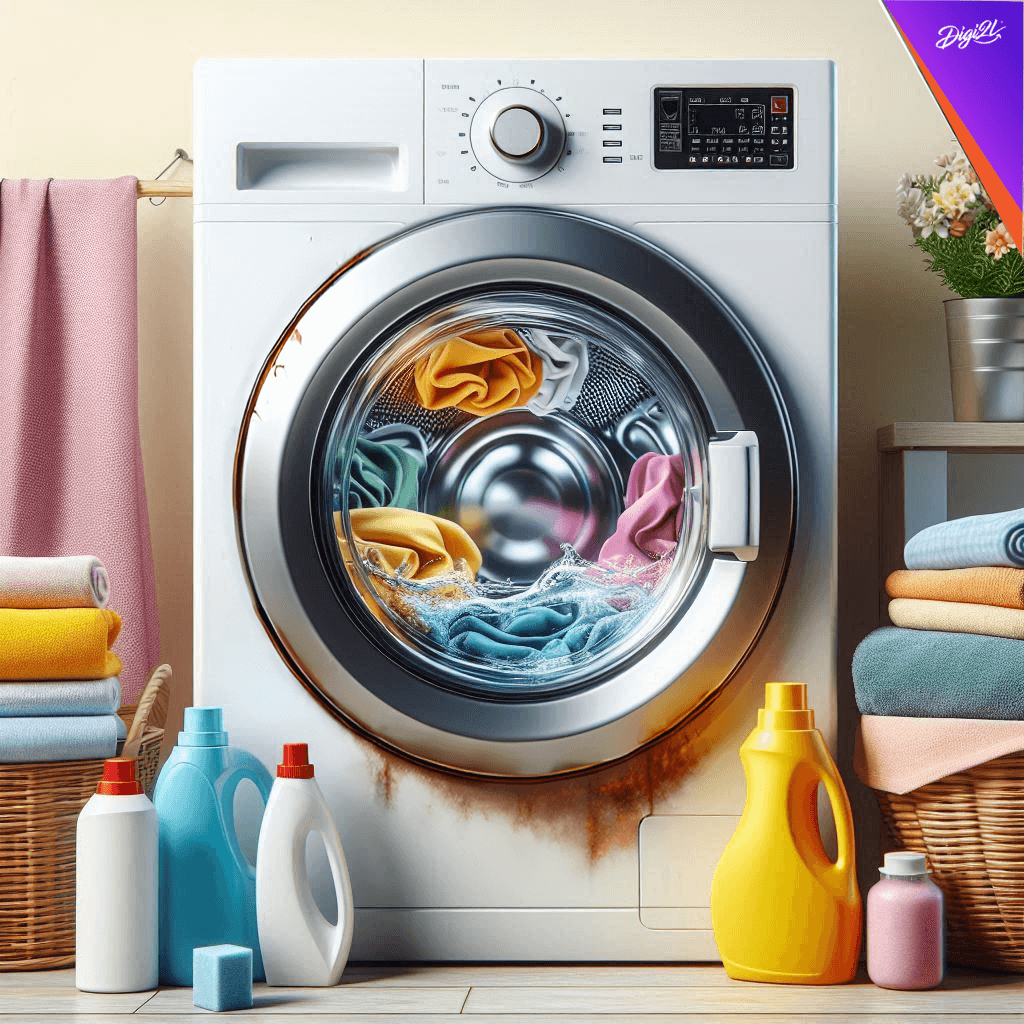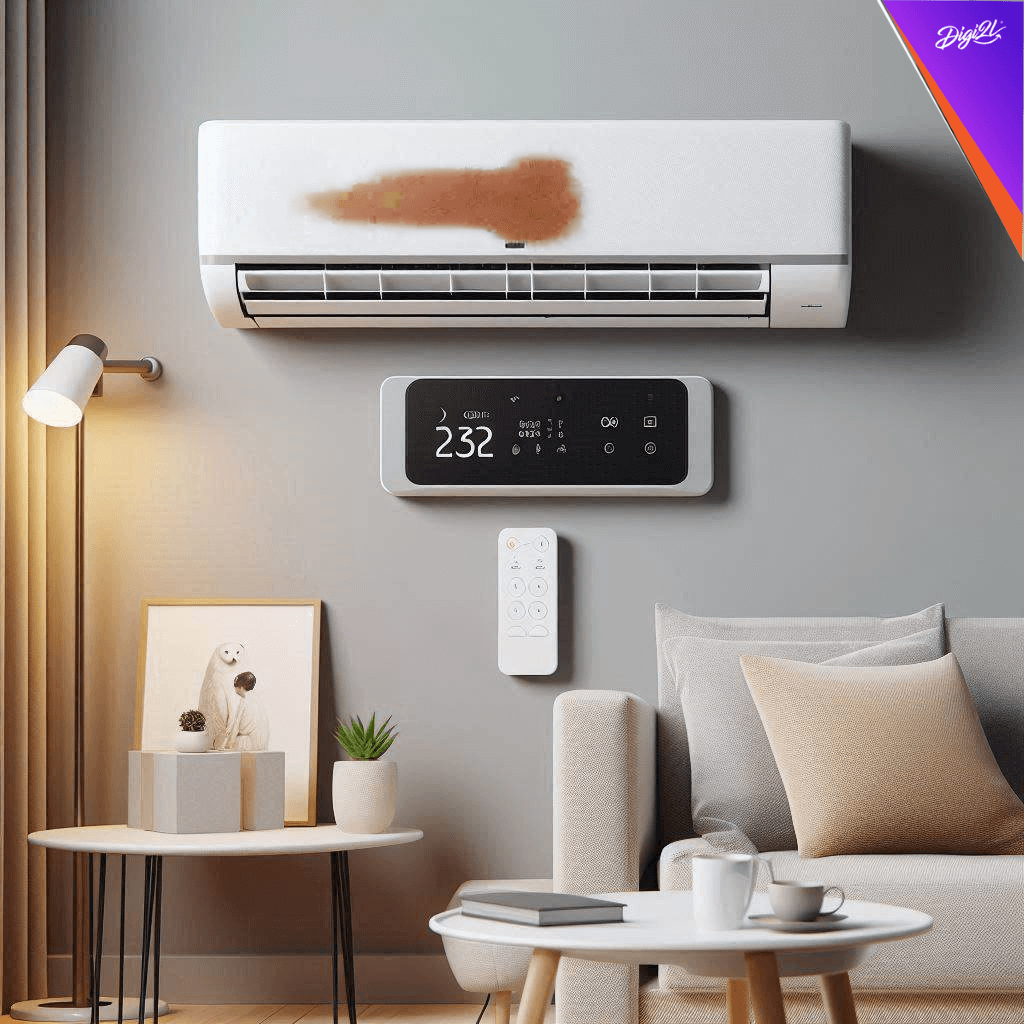
Please Wait ...


Blogs> Why Is My Refrigerator Filling with Water? Exploring the Possible Causes and Solutions

A refrigerator is an essential appliance that helps us keep our food fresh and cool. However, discovering water accumulating inside your refrigerator can be both surprising and concerning. If you find your refrigerator filling with water, don’t panic. This blog aims to explore some common reasons why this might be happening and provide possible solutions to address the issue.
Condensation:
Condensation is one of the most common causes of water accumulation in a refrigerator. When warm air enters the refrigerator and comes into contact with cold surfaces, such as the walls or shelves, it can cause condensation to form. This condensation eventually turns into water droplets that may collect at the bottom of the refrigerator or in other compartments.
Solution: To minimize condensation, make sure the refrigerator door is properly sealed and closes tightly. Check the door gasket for any signs of wear or damage and replace it if necessary. Additionally, avoid leaving the refrigerator door open for extended periods and try to limit the introduction of warm or moist items into the fridge.
Clogged or Frozen Defrost Drain:
Refrigerators have a defrost drain that allows the water from the defrost cycle to drain away. If this drain becomes clogged or frozen, the water will have nowhere to go and may start to accumulate inside the refrigerator.
Solution: Locate the defrost drain, which is usually found at the back of the refrigerator or at the bottom of the freezer compartment. Clear any debris or ice from the drain using a mixture of hot water and mild detergent. You can also use a pipe cleaner or a turkey baster to help dislodge any stubborn clogs. Regularly cleaning the drain and ensuring it remains clear can prevent future water buildup.
Faulty or Damaged Water Supply Line:
If your refrigerator has a water dispenser or an ice maker, a leaking or malfunctioning water supply line could be the culprit behind the water accumulation. A damaged or loose connection can lead to water leaking into the refrigerator rather than being dispensed properly.
Solution: Inspect the water supply line located behind or beneath the refrigerator. Check for any visible leaks, loose connections, or damage. If you notice any issues, replace the faulty parts or tighten the connections. Consider consulting the refrigerator’s user manual or contacting a professional for guidance.
Excessive Humidity:
High humidity levels in the surrounding environment can cause moisture to accumulate in the refrigerator. This can lead to water droplets forming on various surfaces inside the fridge.
Solution: Invest in a dehumidifier for the area where your refrigerator is located. A dehumidifier helps reduce the overall humidity, preventing excessive moisture from building up inside the refrigerator. Additionally, ensure proper ventilation in the area surrounding the refrigerator to promote air circulation and reduce humidity.
While discovering water in your refrigerator can be concerning, understanding the potential causes and solutions can help alleviate the issue. Start by checking for condensation, clearing clogged drains, inspecting water supply lines, and managing humidity levels in the vicinity of the refrigerator. If you encounter persistent or complex problems, it’s advisable to seek professional assistance to ensure your refrigerator operates optimally and your food remains safe.
Remember, regular maintenance, prompt identification of issues, and timely repairs can help keep your refrigerator in good working condition, ensuring its longevity and peace of mind.
Image by bearfotos on Freepik

By Digi2L - June 8, 2024

By Digi2L - June 7, 2024

By Digi2L - June 6, 2024